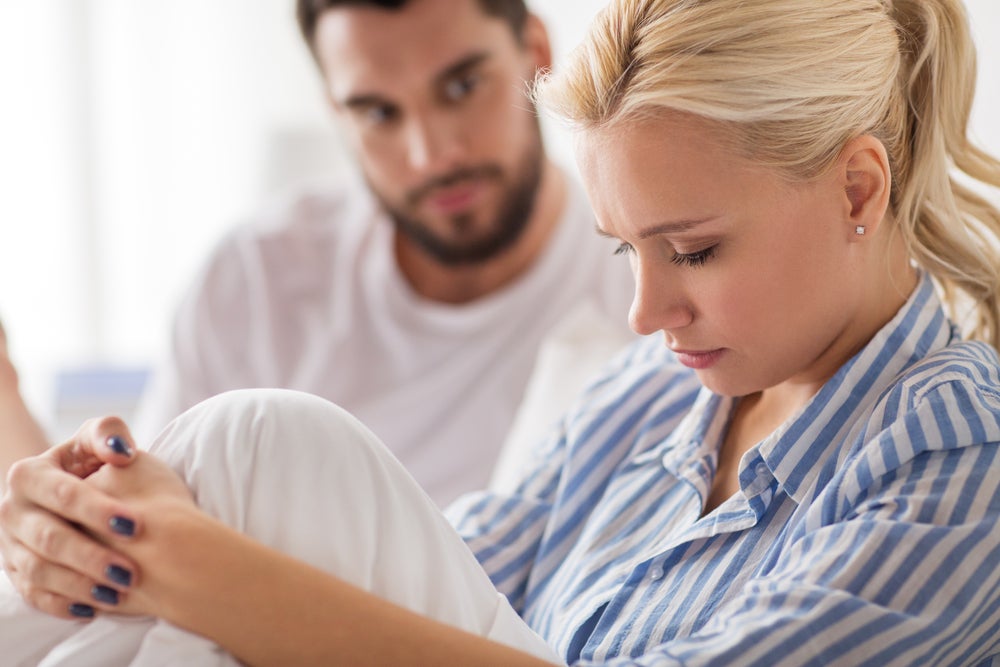Do This – Not That: When Sex Hurts During Menopause
It can feel like a cruel trick. You’re retired, you have the house to yourselves, and thanks to menopause you’re no longer concerned with contraception or needing to schedule bedroom interludes around your periods. Unfortunately, menopause may have brought an annoying friend to the party: dyspareunia, otherwise known as painful intercourse.
Menopausal women can find sexual intercourse painful, with pain ranging from the external surface of the labia and vulva to deep within the pelvis. Dyspareunia can have many causes, including endometriosis, interstitial cystitis (IC), pelvic inflammatory disease (PID), pelvic organ prolapse (POP), cancer treatments, and ovarian cysts.
However, the number one reason for dyspareunia in women over 50 is vaginal dryness due to
dwindling estrogen in menopause. Estrogen matters because it helps keep vaginal tissues plump, moist, and healthy. As your hormones decrease during menopause, the tissues in the vagina can become thin, dry, and fragile. You may experience symptoms such as itching, burning, soreness, and spotting. During intercourse, the vaginal tissues may be less pliable and the dryness can add more friction, compounding the issue. Often, after several painful attempts at intercourse, you can anticipate and fear the pain before it begins; that may trigger involuntary tightening of the vaginal muscles, making penetration difficult or painful. This is called vaginismus and it can reinforce and even intensify the cycle of pain.
It’s important to identify the reason behind your painful intercourse so it can be appropriately treated. If left untreated, an underlying condition, such as infection, vaginal dryness, or pelvic inflammatory disease, may progress and worsen. This may potentially lead to vaginal atrophy, distressing bladder symptoms such as urinary incontinence or urinary tract infections (UTI), and even discomfort when walking or sitting.
Thankfully, there is help.
DO THIS:
- Talk to your doctor.
- Get a pelvic exam, bloodwork, or scans.
- Ask your doctor about hormone replacement therapy (HRT), including vaginal estrogen.
- Consider Pelvic Floor Physiotherapy.
- Practice good self-care by washing with mild soap or plain water and patting dry.
- Wear cotton panties.
- Use a vaginal moisturizer to help replenish your natural moisture.
- Use a good lubricant during intercourse.
- Treat any underlying anxiety.
- Consider counseling.
NOT THAT:
- Don’t underestimate the benefits of living a healthy lifestyle.
- Don’t forget to drink water.
- Don’t douche.
- Don’t use perfumed products such as bubble bath, scented feminine hygiene products, and fabric softeners.
- Don’t smoke.
- Don’t forget to do your kegel exercises.
- Don’t stop trying – sexual intercourse helps vaginal atrophy.
- Don’t forget that you can be romantic without intercourse.
- Don’t hesitate to ask for help as many other women who have this issue suffer in silence.
This content was written by staff of HysterSisters.com by non-medical professionals based on discussions, resources and input from other patients for the purpose of patient-to-patient support. Reprinted with permission: Do This – Not That: When Sex Hurts During Menopause







